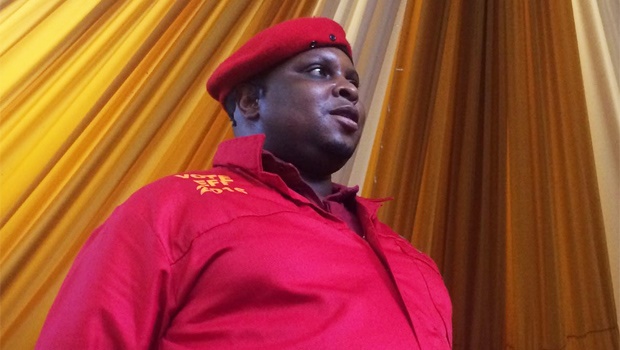
The greatest risk any democracy will face is that the system comes across as interested only in serving those few who are politically connected.
When democracy is seen as only protecting the interests of the few, the broader masses tend to disengage and seek alternative means through which to pursue their interests in society.
A democracy that does not enjoy wider legitimacy runs the risk of collapsing into anarchy where powerful interest groups compete for resources while everyone else stands by waiting to receive the crumbs from the battle involving the powerful and connected.
The collapse of VBS Mutual Bank is a clear indication of how corruption threatens to delegitimise our democracy.
The VBS saga implicates players across the political divide, united in their benefits from corrupt activities. The strange part of the saga is that the looting seems to have benefitted political elites who are generally opposed to each other.
If the allegations turn out to be true, the saga would have united the ANC and the EFF in the process of looting. This is tragic in the sense that supporters of the two parties would now be confronted with a situation where their parties are used as vehicles to push against meaningful investigations into the matter.
Instead of these parties focusing on the interests of the people and their members, they would be concerned with trying to hide the extent of their involvement in the scandal. Whichever way you look at it, this is wasted time that should have been dedicated to advance the broader interests of the people of this country.
The danger with a situation such as the VBS saga is that it breeds cynicism about the meaning of democracy. When political elites are united in looting, it undermines the ability of institutions to meet out consequences against those who are involved.
The political stakes are high when it comes to VBS. It is clear that there are those who are willing to use their political domination in society to fight back against any attempt to have them respond to their alleged involvement. It is quite sad when those who are charged with corruption feel emboldened to openly ask who else is not involved in wrongdoing. Well, the answer is simple: ordinary South Africans are not involved.
As the VBS story unfolds, South Africans are divided about which investigation between VBS and Steinhoff should be prioritised by the police. A suspicion is already emerging that the Hawks are too quick to pounce on VBS while Steinhoff crooks are allowed to roam the streets freely. This shows we are already experiencing a moral dilemma in relation to how corruption has infiltrated our society.
We are being compelled to ask which crooks are treated well under our laws and which ones seem to be treated harshly.
The sad part is that it is the very same crooks who are driving the debate as to whether our police are targeting blacks and whites equally when pursuing investigations into wrongdoing.
The truth is that this is a false debate. Corruption should be investigated irrespective of the colour of the alleged perpetrators. The debate about whether the police should prioritise VBS over Steinhoff is not pursued driven by the need to punish those involved in wrongdoing, but seeks to create an unnecessary deflection to take our attention away from corporate wrongdoing.
If we are not careful in the manner we deal with the Steinhoff and VBS scandals, we will find ourselves saying the unthinkable: we will effectively argue to democratise corruption.
There are those who seem to believe that because there have been no arrests in relation to Steinhoff (read: white people), those implicated in the VBS saga (read: black people) should also be left alone. This is as good as saying that we should democratise corruption across the board. It is a serious risk to the credibility of our democracy.
As a nation, we should be careful not to become a society that rationalises corruption. It's a slippery slope, where the masses will ultimately choose to elect benign corrupt leaders among those with different shades of corruption. It does not get more tragic than that.
- Ralph Mathekga is a Fellow at the SARChI Chair: African Diplomacy and Foreign Policy at the University of Johannesburg and author of When Zuma Goes and Ramaphosa's Turn.
Disclaimer: News24 encourages freedom of speech and the expression of diverse views. The views of columnists published on News24 are therefore their own and do not necessarily represent the views of News24.




 Publications
Publications
 Partners
Partners























